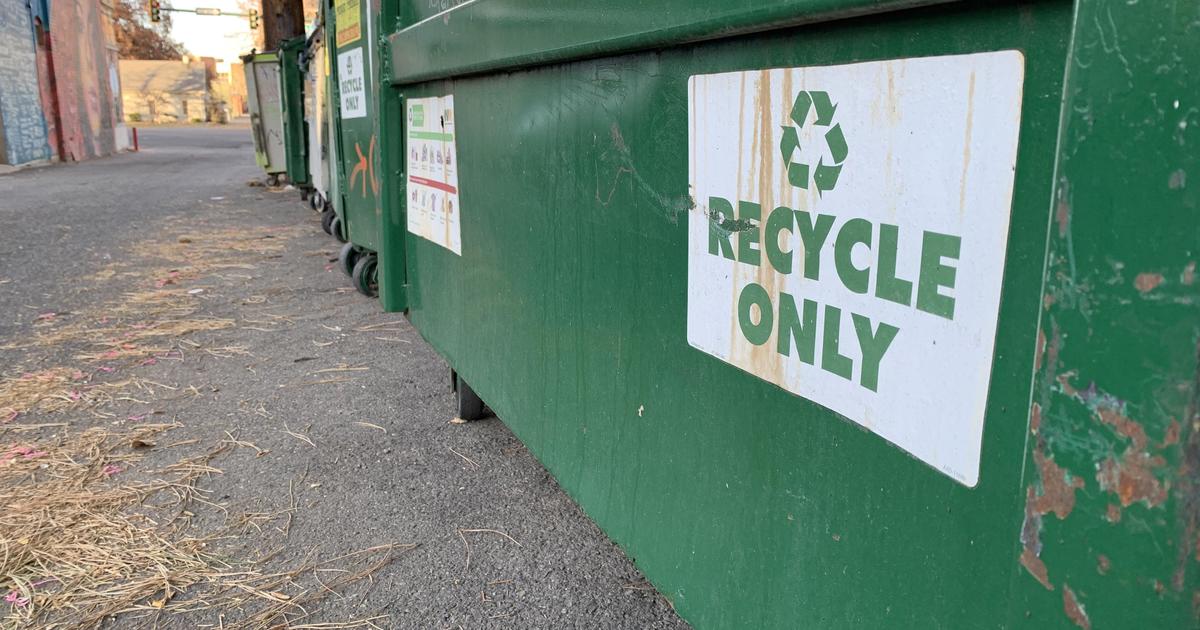Push To Erase Cannabis Crimes Of Past Now That Pot's Legal
DENVER (CBS4)- There is a push to erase cannabis crimes of the past now that pot is legal in Colorado.
Amendment 64, which made marijuana possession and consumption legal in Colorado, was approved by voters on Nov. 6, 2012. Gov. John Hickenlooper signed the bill into law December 10, 2012.
The first retail pot stores opened for business on Jan. 1 of this year.
The so-called pot freedom bill would seal the records of those convicted with no hearing and no review. All it would take is to file a petition and pay $250 and regardless of how long ago it happened and how serious the initial charge was-- those records would be sealed.
"To continue punishing people for something they did that's legal now is completely wrong," said Sen. Jessie Ulibarri, a Democrat representing Westminster.
Supporters of the measure believe it's meant to allow people who were convicted of behavior that's now legal in Colorado to move on with their lives.
"When folks go to apply for a job or housing and their record is pulled up related to what is now constitutionally legal behavior, they may be denied access to employment, housing or some other issue," said Ulibarri.
Opponents believe it's not just petty crimes that would be sealed. Those against the measure include district attorneys, Attorney General John Suthers, police chiefs and sheriffs.
Some of the convictions are for crimes that aren't legal even today but were pleaded down so they would qualify.
"In the worst of scenarios, you could have someone who was charged with a high-level distribution case 10 years ago and pled to lower-level cultivation case, just as a matter of how cases resolve themselves, and the court would never know," said Colorado District Attorneys Council spokesman Tom Raynes.
That's because under the bill district attorneys aren't notified and have no say when someone petitions to have a record sealed.
"Even the court doesn't have the ability to really review anything, There's no looking back into the file to see what the history means," said Raynes
When asked why not give the district attorney's a say, marijuana attorney Rob Corry said, "Because they're just going to gum up the process."
Corry said the voters' intent with Amendment 64 was to forgive and forget.
"The drug war is over. The marijuana prohibition is over. It's time to release prisoners of war," said Corry.
Opponents believe like other laws, Amendment 64 is prospective, not retrospective.
"It's highly unusual and extremely bad policy to consider reaching back to undo convictions like that," said Raynes.
The senate committee reviewing the bill passed it but amended it significantly.
Now the bill applies to petty offense possessions or less than six plant cultivation convictions only.
It also gives district attorney's notice to object to a record being sealed and allows for a hearing.




